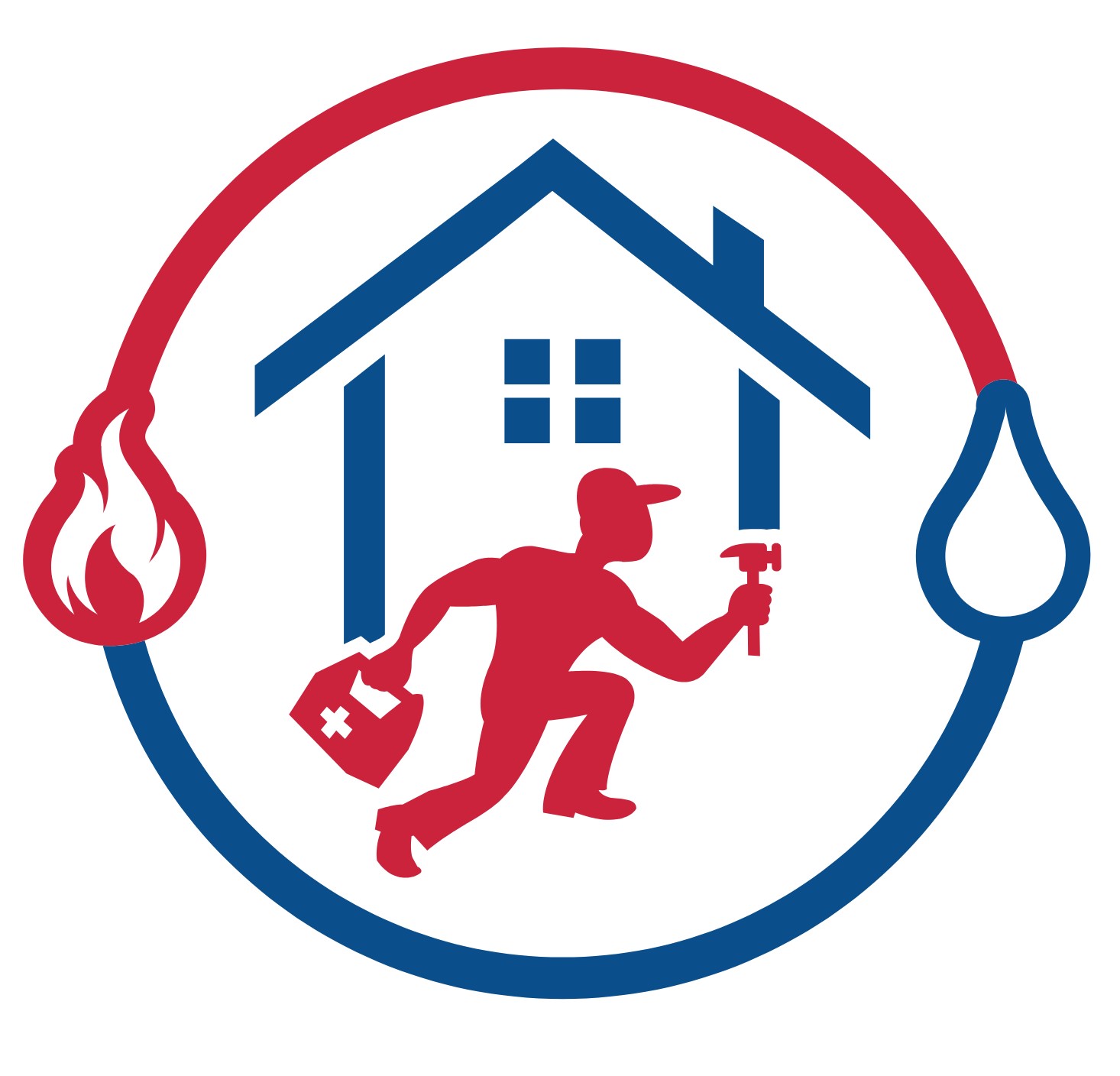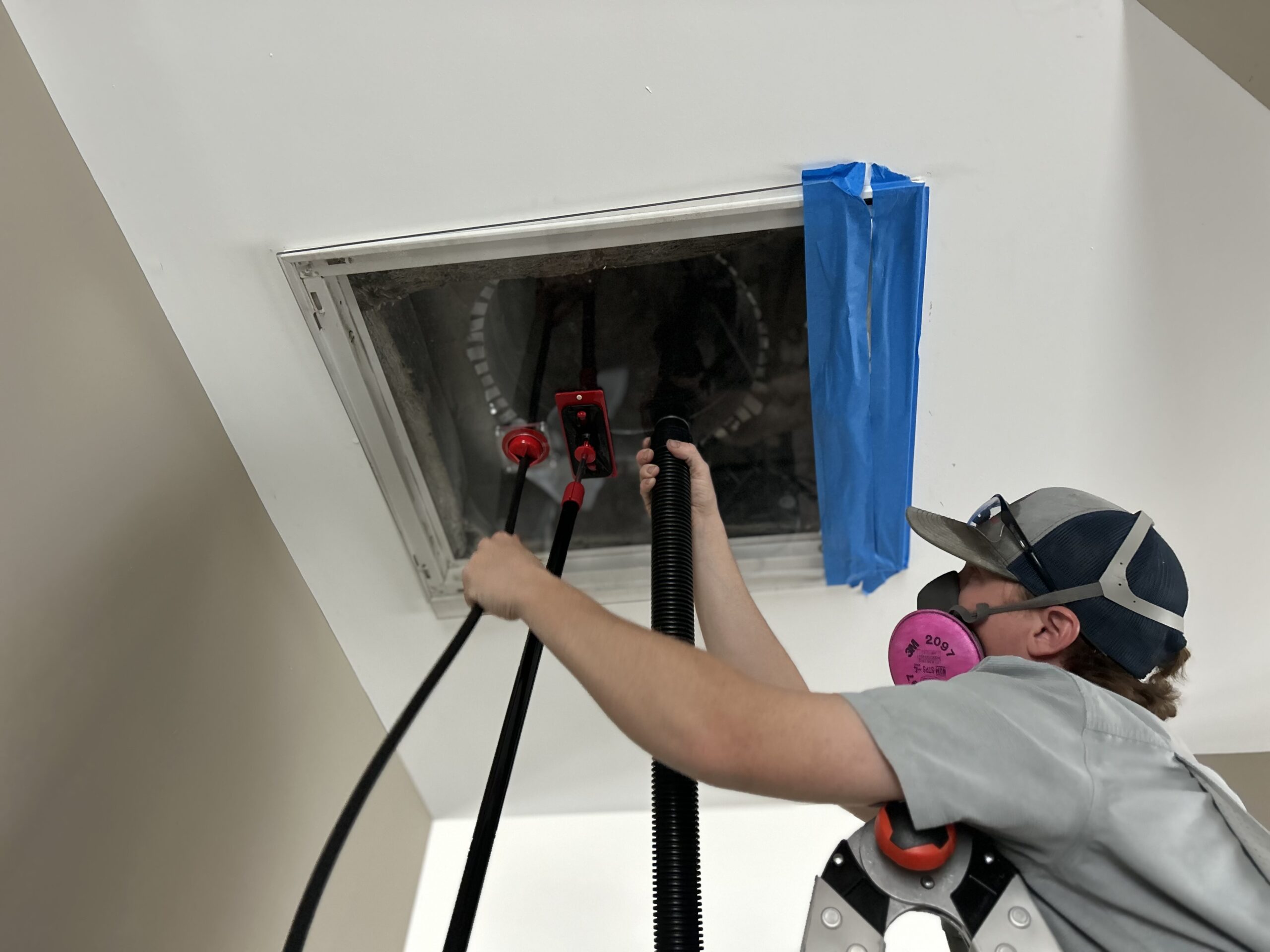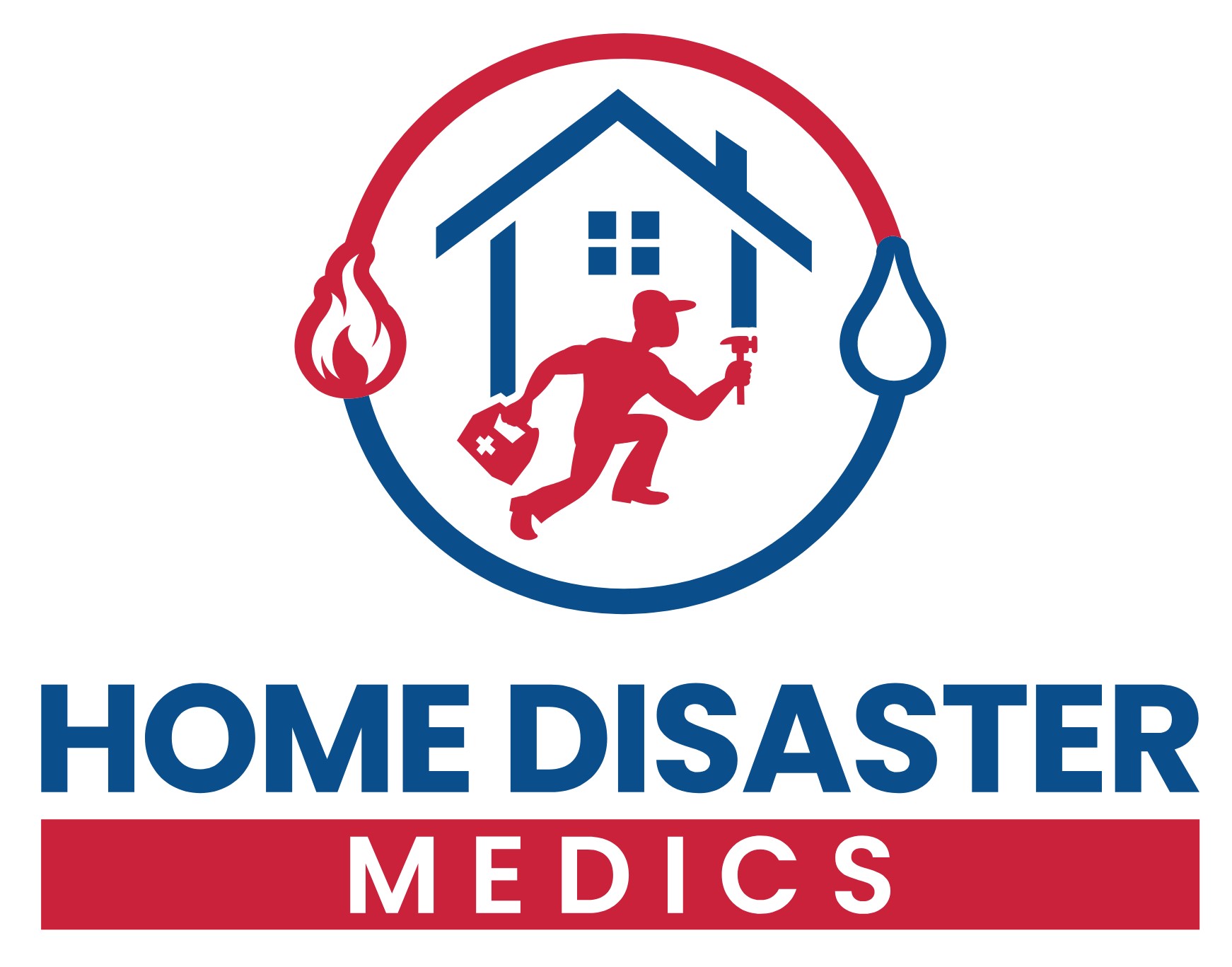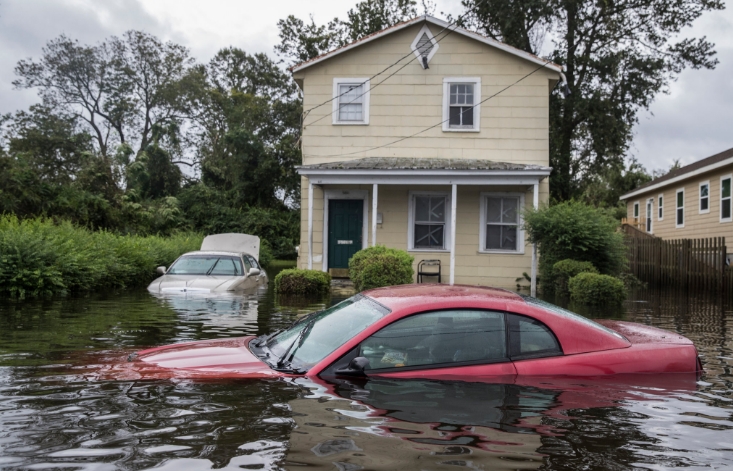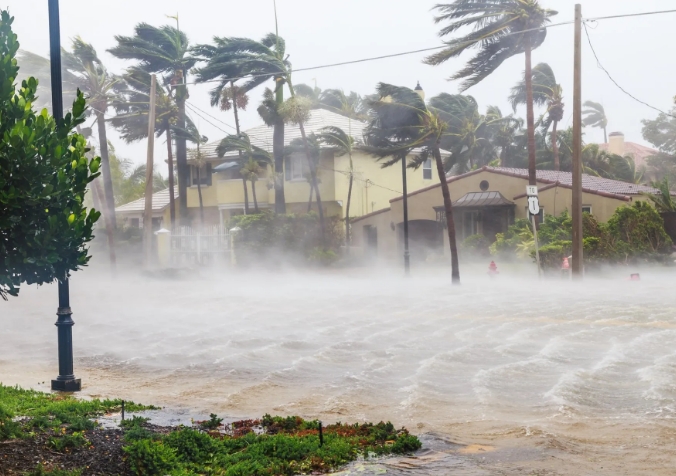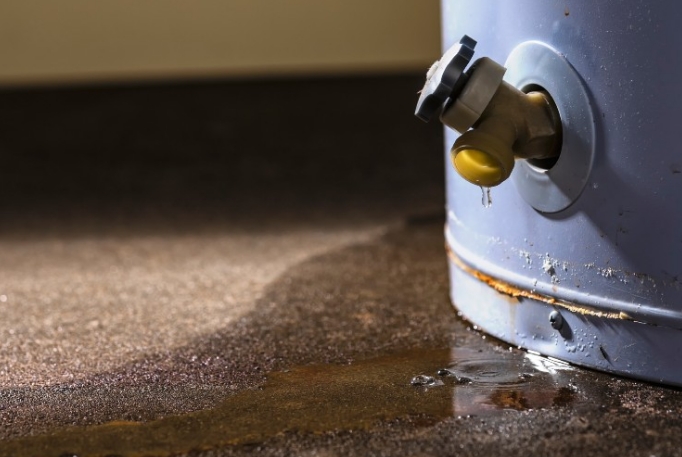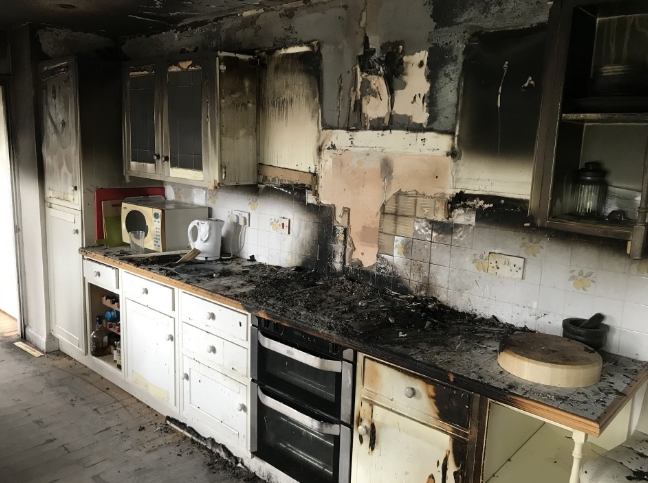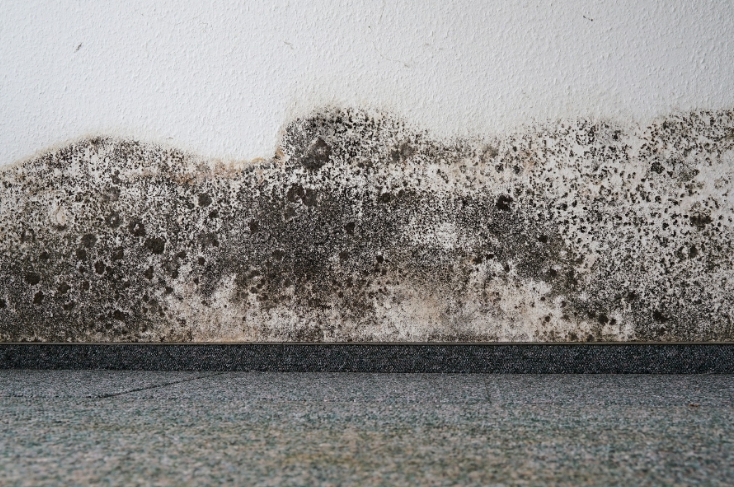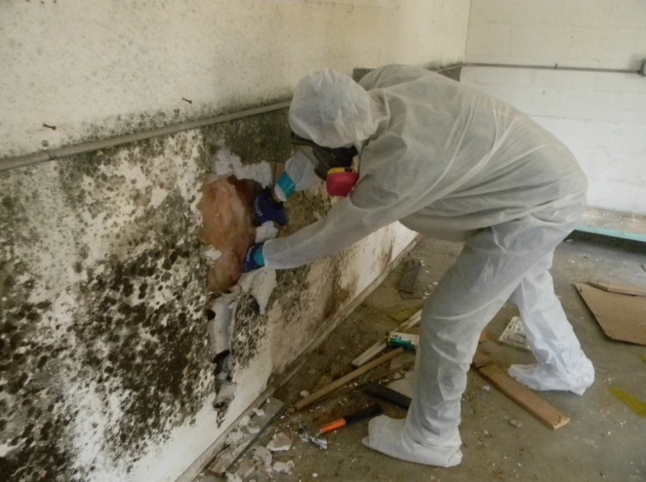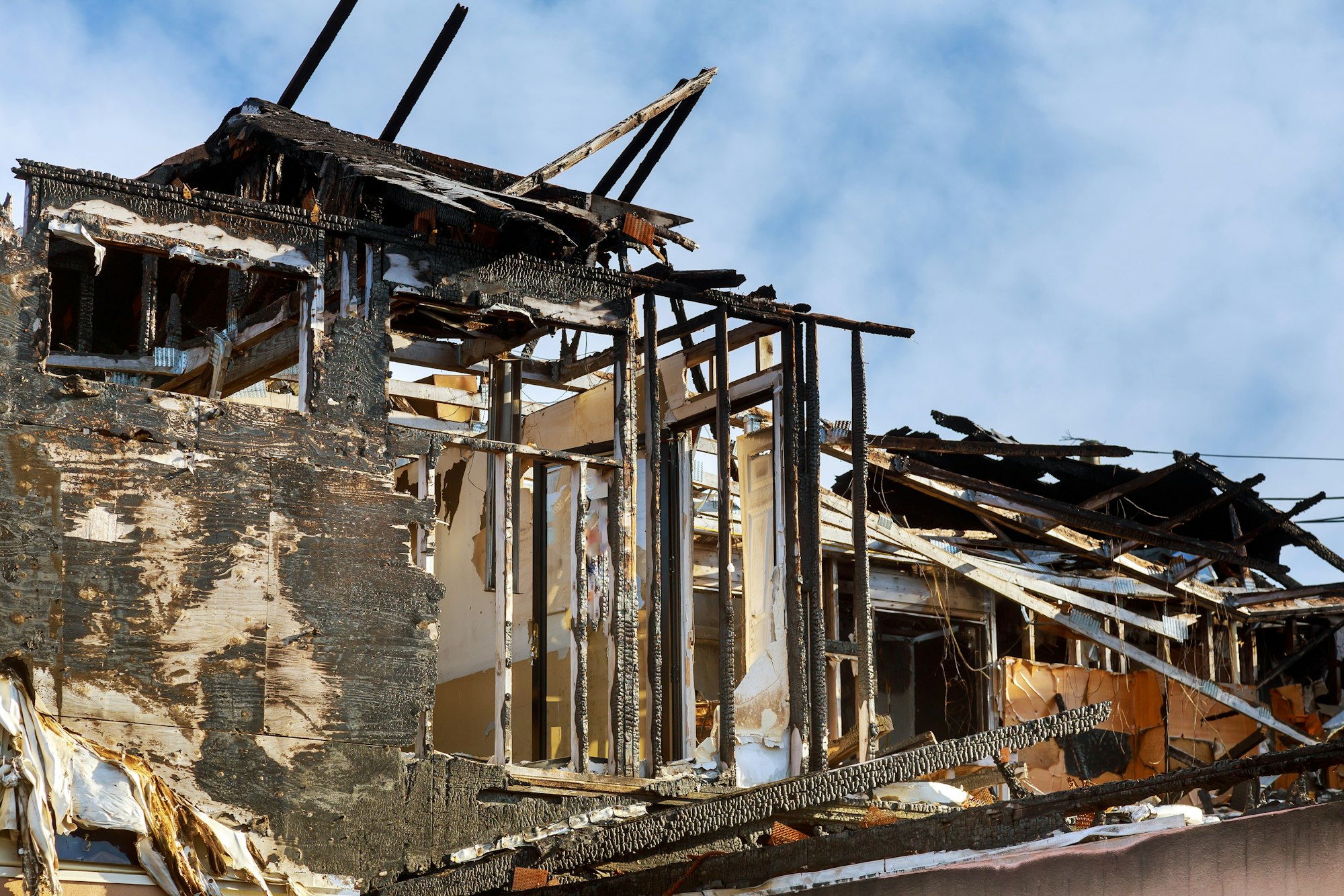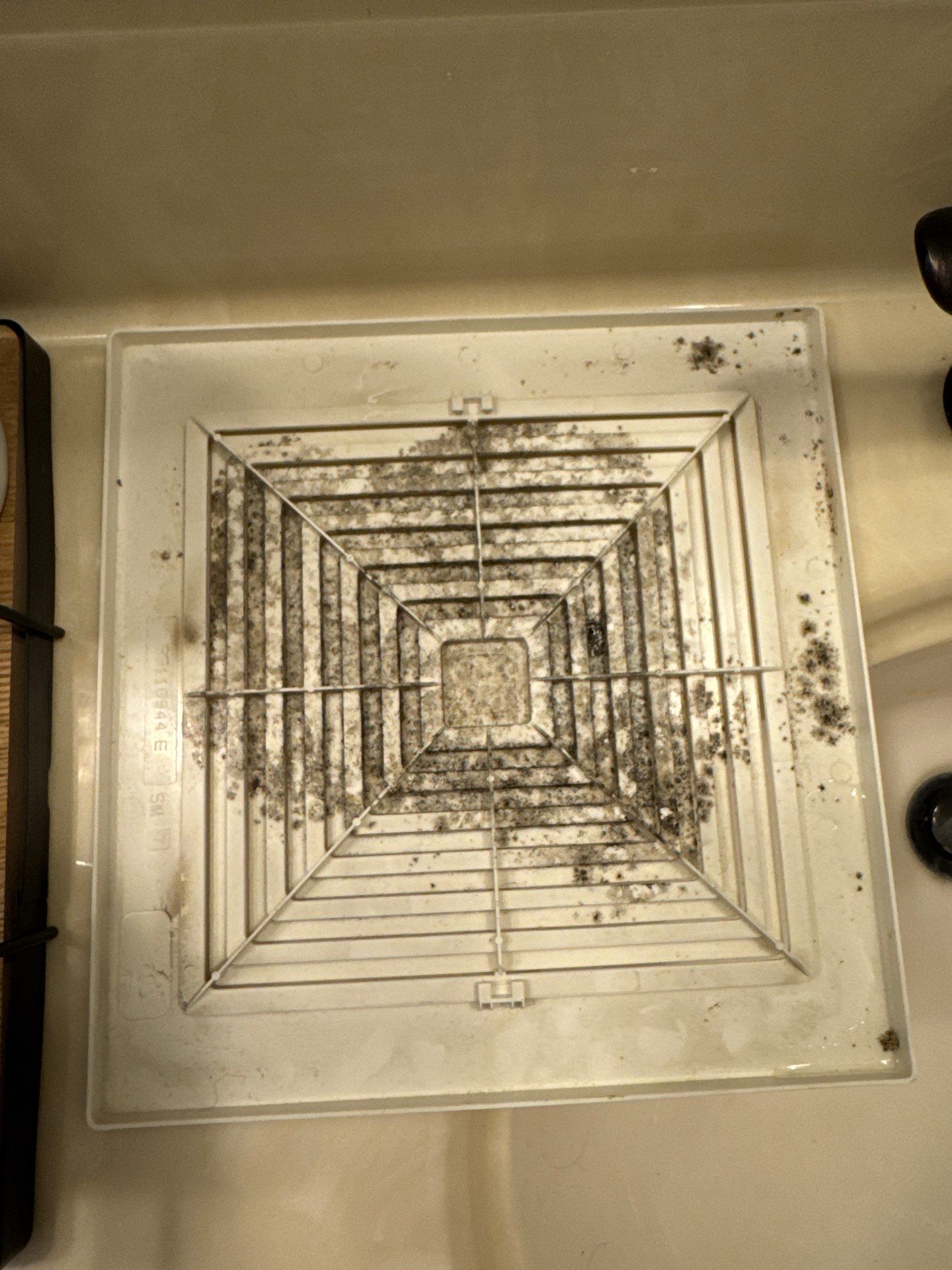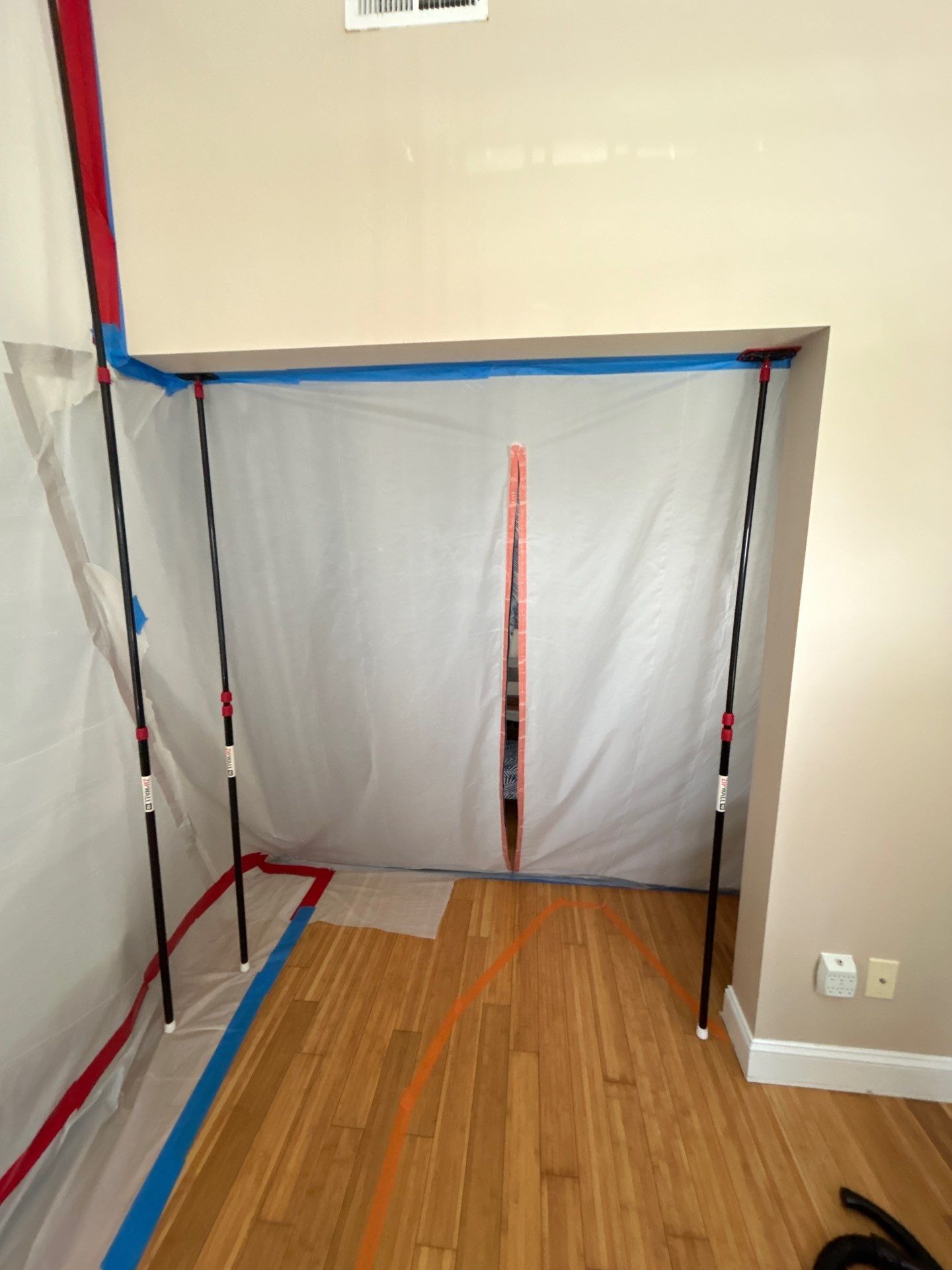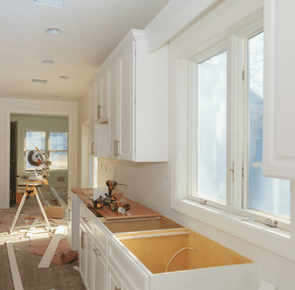Living in Eastern North Carolina means dealing with high humidity, coastal air, and unpredictable weather, all of which can impact indoor air quality and moisture levels. A well-maintained HVAC system is key to controlling humidity, preventing mold growth, and keeping your home comfortable year-round.
Here’s how to properly monitor and adjust your HVAC settings to protect your home from excess moisture and improve air quality.
1. Control Humidity Levels to Prevent Mold Growth
Humidity levels in Eastern North Carolina can be especially high during the summer and after storms, creating the perfect environment for mold. Keeping indoor humidity between 30-50% is essential for moisture control.
How to Manage Humidity:
- Use a hygrometer to monitor indoor humidity levels.
- If humidity is too high, run a dehumidifier, especially in basements, crawl spaces, and coastal areas.
- Ensure proper ventilation in bathrooms, kitchens, and laundry rooms to reduce moisture buildup.
2. Set Your Thermostat for Coastal Climate Conditions
Your thermostat plays a big role in maintaining consistent temperatures and moisture control. Setting it properly helps prevent condensation and reduces strain on your HVAC system.
Recommended Thermostat Settings for Eastern North Carolina:
- Summer: 72-78°F – Keeps your home cool without overworking your system.
- Winter: 68-74°F – Maintains warmth while preventing excess dryness.
Avoid setting your thermostat too low in summer, as it can create cold surfaces where moisture condenses, leading to potential mold issues.
3. Keep Your HVAC Fan on “AUTO” to Reduce Moisture
Your HVAC fan setting can either help or hurt moisture control in your home.
- Set the fan to “AUTO” so it runs only when cooling or heating is needed.
- Leaving it “ON” continuously can cause excess moisture circulation, increasing humidity and the risk of mold growth.
For homes near the coast or areas prone to flooding, this small change can prevent condensation buildup and maintain better air quality.
4. Replace Air Filters Regularly to Prevent Mold & Allergens
Eastern North Carolina’s coastal and wooded areas bring in pollen, dust, and humidity, which can clog HVAC filters quickly. Dirty filters trap moisture, making your system work harder and allowing contaminants to spread.
Best Practices for Air Filters:
- Use MERV 11-13 filters to capture mold spores, dust, and allergens.
- Replace filters every 2-3 months or more often in humid months.
- If you have pets or live near the coast, you may need to change filters more frequently.
Final Thoughts: Small Adjustments for a Healthier Home
Eastern North Carolina’s humid climate makes HVAC maintenance essential for preventing mold and keeping your indoor air fresh. By following these simple steps, you can control moisture, improve air quality, and reduce the risk of mold growth in your home.
At Home Disaster Medics, we specialize in mold prevention, air quality solutions, and moisture control to protect homes across Holly Ridge, Topsail, Jacksonville, Wilmington, and surrounding areas.
Need help improving indoor air quality or dealing with moisture issues? Contact Home Disaster Medics today!
